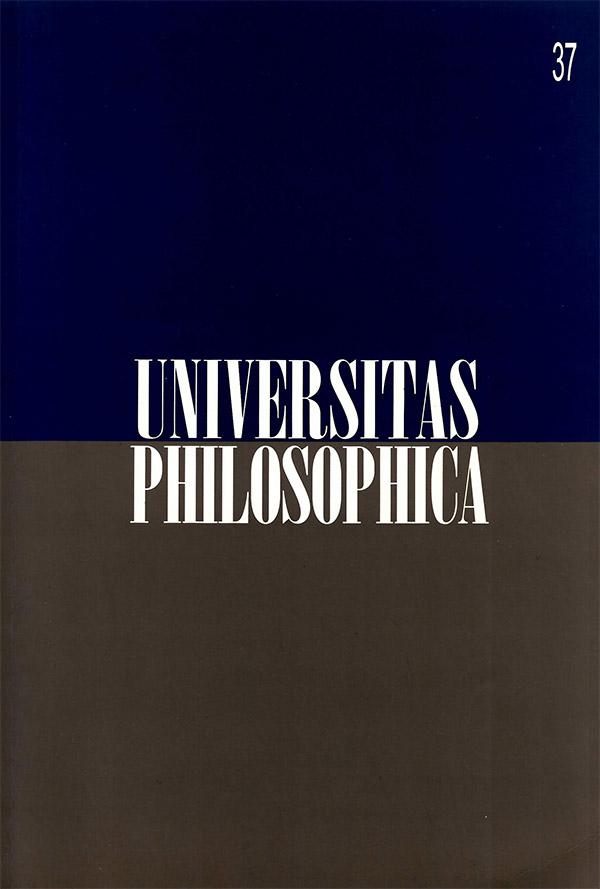Abstract
The question that initiated this reflection can be put briefly in these tercos: Is it possible to think the religious beyond the categories of sacred and profane? How? The following text makes an analysis of these categories trying to show how and why they begin to be problematic and furthermore insufficient. Is out of any doubt that the possibility of thinking the religious beyond the categories of sacred and profane requiresa deep reinterpretation . This implies passing from a magical vision that takes words as things to an existential, historic and responsible vision, i.e., wich does not allow man to evade this world's reality –which is the only one that has been given to him– and claims to him in such a way he can not avoid with the excusee of cultivating the beyond. How is the language that expreses religious experience? This is the start point and thekey for an investigation.
This journal is registered under a Creative Commons Attribution 4.0 International Public License. Thus, this work may be reproduced, distributed, and publicly shared in digital format, as long as the names of the authors and Pontificia Universidad Javeriana are acknowledged. Others are allowed to quote, adapt, transform, auto-archive, republish, and create based on this material, for any purpose (even commercial ones), provided the authorship is duly acknowledged, a link to the original work is provided, and it is specified if changes have been made. Pontificia Universidad Javeriana does not hold the rights of published works and the authors are solely responsible for the contents of their works; they keep the moral, intellectual, privacy, and publicity rights.
Approving the intervention of the work (review, copy-editing, translation, layout) and the following outreach, are granted through an use license and not through an assignment of rights. This means the journal and Pontificia Universidad Javeriana cannot be held responsible for any ethical malpractice by the authors. As a consequence of the protection granted by the use license, the journal is not required to publish recantations or modify information already published, unless the errata stems from the editorial management process. Publishing contents in this journal does not generate royalties for contributors.


